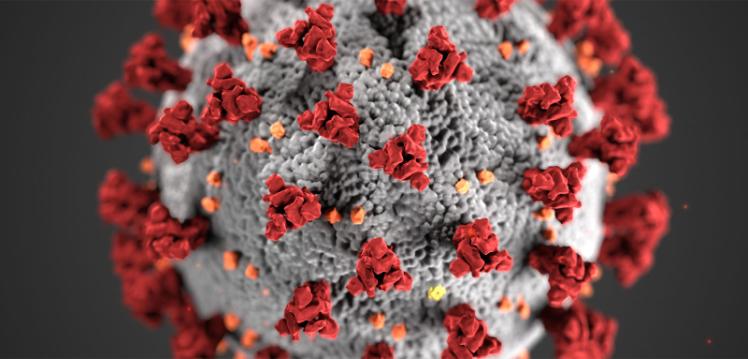
A new large-scale study led by researchers from Queen’s University has shown that combined wastewater testing and testing of individuals is the most effective way to track SARS-CoV-2, the virus that causes COVID-19.
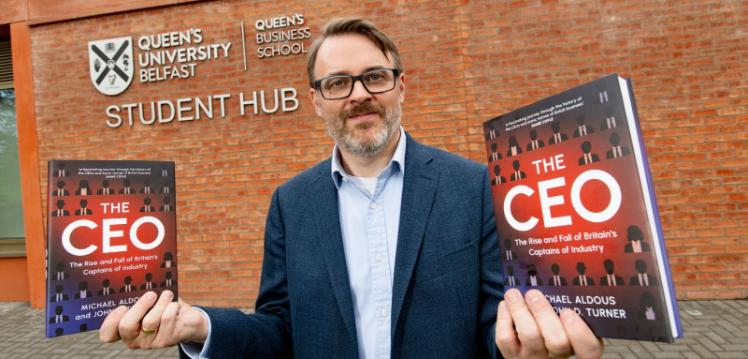
Queen’s academics Dr Michael Aldous and Professor John Turner from Queen’s Business School launch their new book The CEO: The Rise and Fall of Britain’s Captains of Industry - a deep dive into the history of Britain’s corporate leaders.
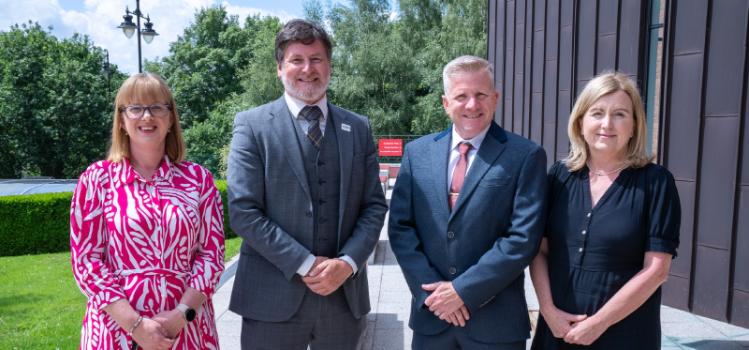
Incorporating the United Nations Convention on the Rights of the Child (UNCRC) into Northern Ireland legislation is to be the subject of high-level discussions at Queen’s University Belfast today.
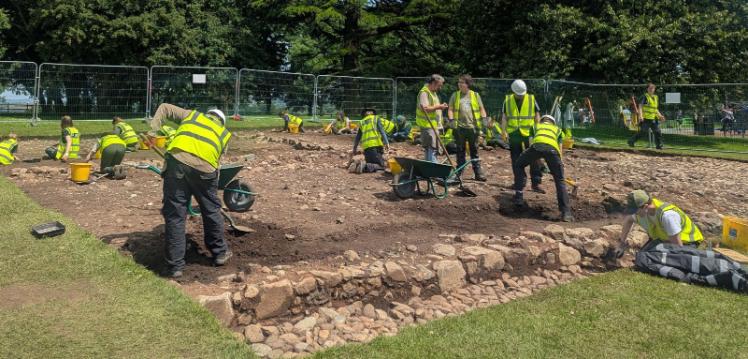
Foundations of a large building, believed to be part of Moira Castle and dating back to the 17th or 18th century, have been uncovered during a community archaeology dig, led by experts from Queen’s, in partnership with Lisburn Museum.
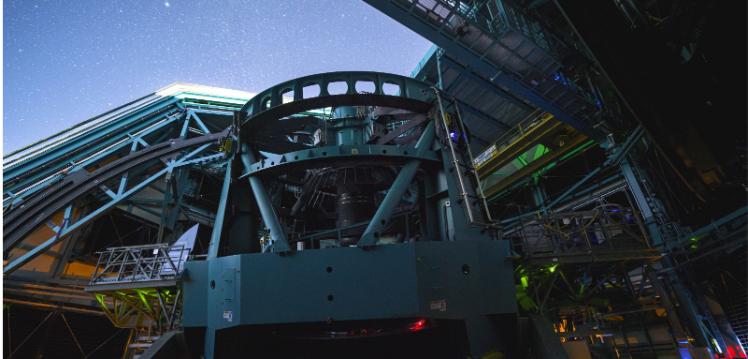
A group of astronomers from across the globe, led by Queen’s University Belfast, have revealed that millions of new solar system objects will be detected by a brand-new facility, which is expected to come online later this year.
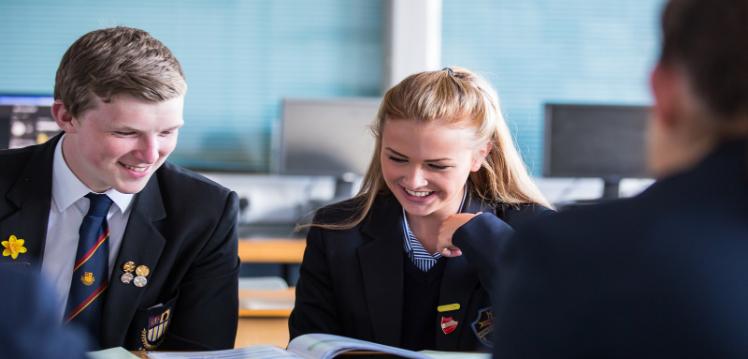
The number of Northern Ireland schools offering exams in home, heritage or community languages is on the rise according to new British Council research.

Published in the New England Journal of Medicine, a world-first trial involving 889 people with colon cancer from six different countries, including the UK, has shown that a structured exercise regime can significantly reduce the risk of colon cancer
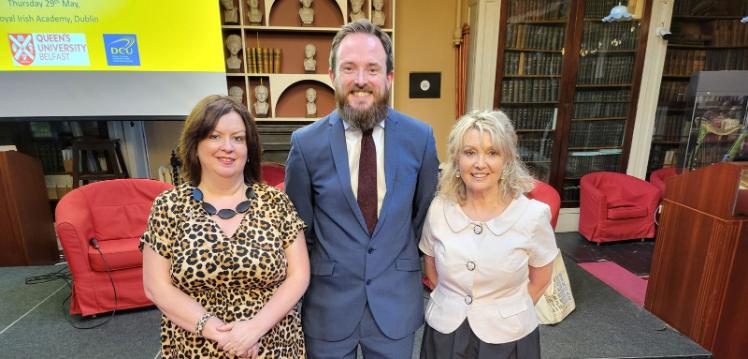
New research by leading scholars from across the island of Ireland proposes a new justice framework and reform of key legal processes to better meet the needs of victims and survivors of non-recent institutional abuses.
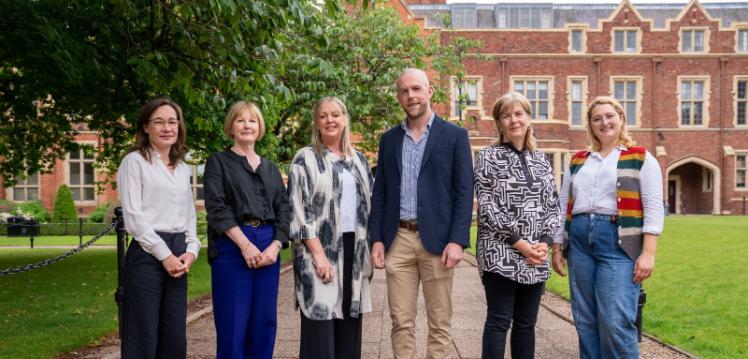
Attitudes towards climate change in Northern Ireland differ from those recorded in the UK and Europe, the Northern Ireland Life and Times (NILT) survey has revealed.

The initial impact made by the Safeguarding the Union deal in reassuring unionists about Northern Ireland’s unique post-Brexit arrangements has been reversed. This has been particularly notable among those identifying as ‘slightly unionist’.
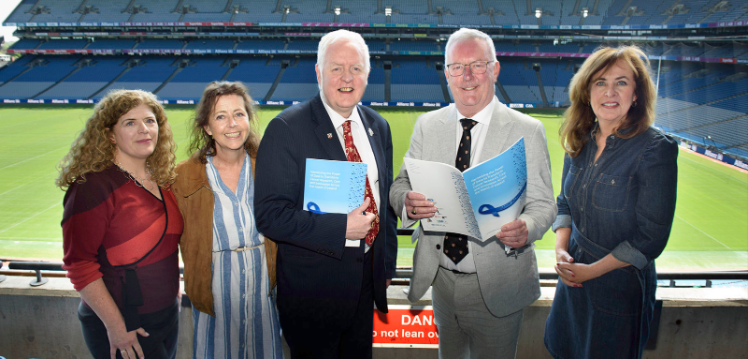
A new report "Harnessing the Power of Data to Transform Cancer Research, Care and Innovation across the Island of Ireland”, has launched today in Dublin at the Inaugural All-Island Cancer Summit at Croke Park.
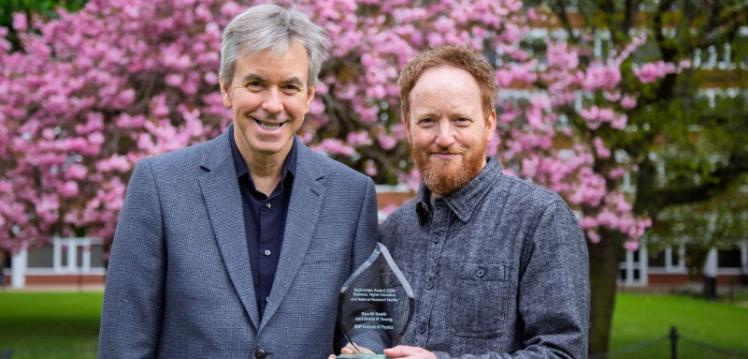
Two Queen's software engineers have been singled out for a prestigious award from the Institute of Physics (IOP) for their work in discovering cosmic explosions, understanding their physics and playing leading roles in major international sky surveys
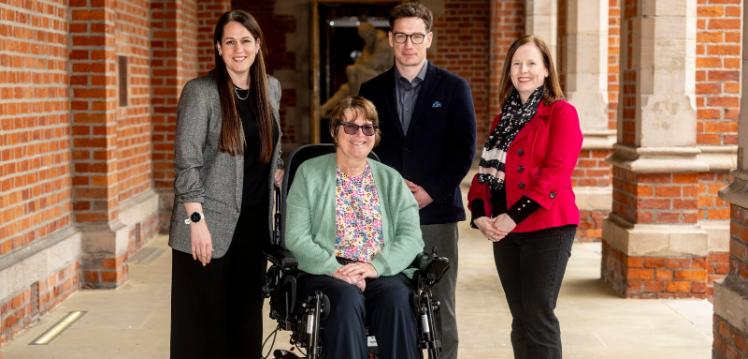
Multiple sclerosis (MS) research in Northern Ireland (NI) is to be boosted by the launch of a new research hub dedicated to tackling the condition.

Earth’s atmosphere is much more sensitive to ripples of radiation from the Sun than scientists previously believed, new research by Queen’s University Belfast has found.
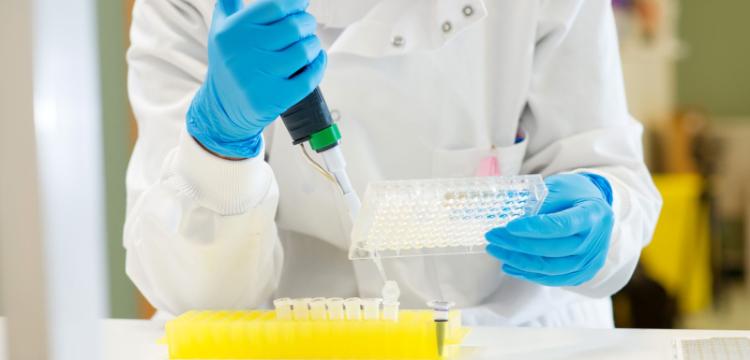
Leading cancer experts warn the UK cancer care system is facing a critical breaking point, in a call for radical action to head off deepening financial pressures.
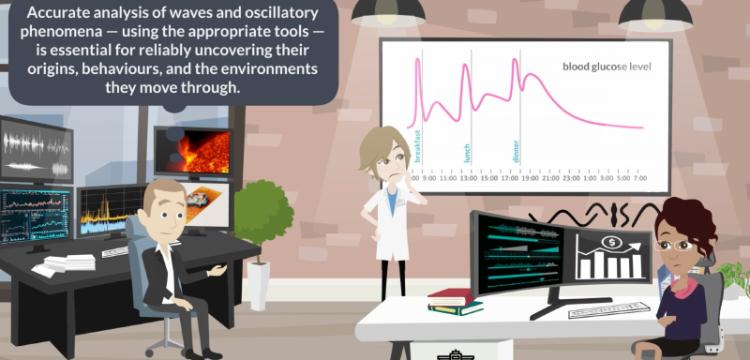
A pioneering new approach to ‘wave science’, aimed at improving outcomes across global healthcare, the environment, engineering and economics, has been published by a group of international researchers led by Queen’s University Belfast.

Parents who experience emotional neglect as children are more likely to have a hostile and controlling parenting style, new research has found.
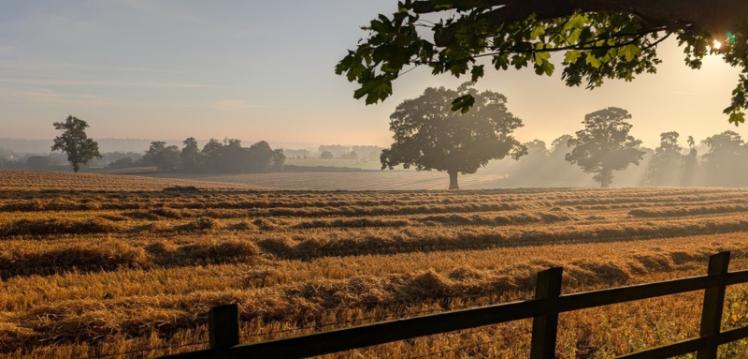
Warm temperatures and erratic rainfall due to climate change are taking a toll on Northern Ireland’s health and farming industry, a new study reveals.

A research team from the Patrick G Johnston Centre for Cancer Research at Queen’s University Belfast is part of a new £5.5m project which aims to transform bowel cancer care.

Amateur astronomers and stargazers are invited to the Ulster Museum this weekend to view a partial solar eclipse with help from astrophysicists from Queen’s University.
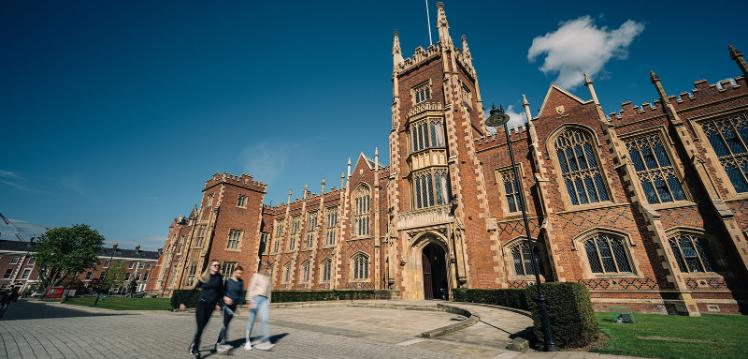
Researchers at Queen’s University Belfast are set to lead a new £1.7m project which will help to drive forward engineering design by exploiting digital technologies.
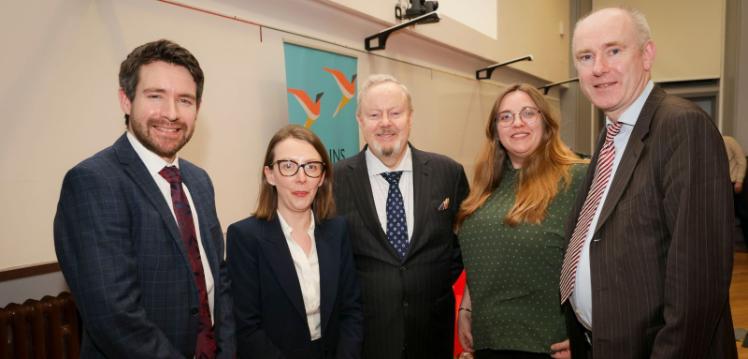
Queen’s recently hosted an ARINS (Analysing and Researching Ireland North and South) project event showcasing the results of the ARINS/Irish Times study of public attitudes to a range of constitutional and institutional issues.

A new study has shown for the first time how the antibiotic-resistant bacteria Enterobacter can hide in human cells without alerting the immune system.

A new study led by researchers from Queen’s University Belfast and Ministry of Health Zanzibar has found that reading glasses vastly drove empowerment and improved well-being and livelihood for a group of older craftswomen in Zanzibar.
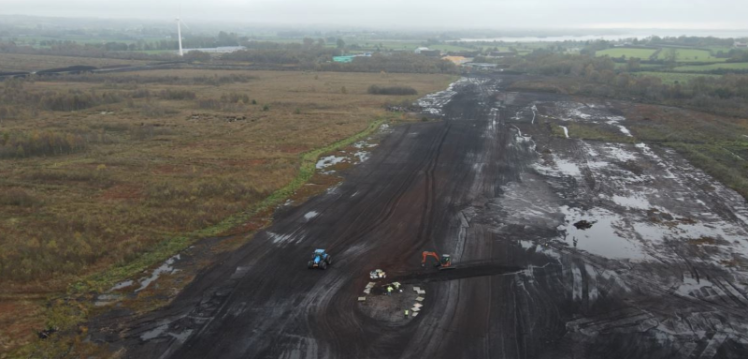
New research into ancient human remains discovered in Bellaghy has revealed that what was potentially thought to be a male, is in fact most likely a decapitated female aged between 17 and 22 years old.
-750x359.png)
Researchers at Queen’s University Belfast have made a ground breaking discovery – they’ve created a simple way to make high quality proton beams using high intensity lasers.
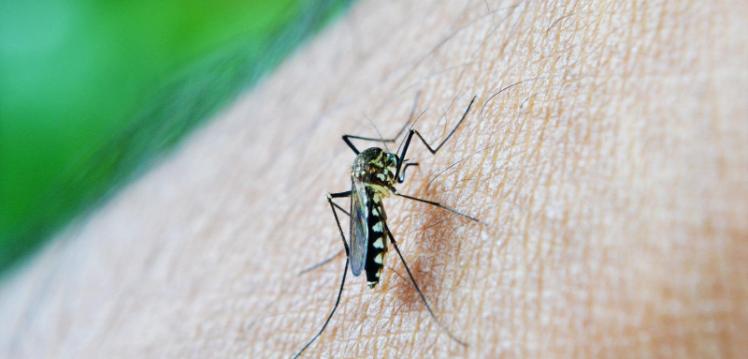
An international research team led by Queen’s University Belfast is developing a long-acting preventative treatment for malaria which will work as a “chemical vaccine” to protect users for at least three months after a single application.
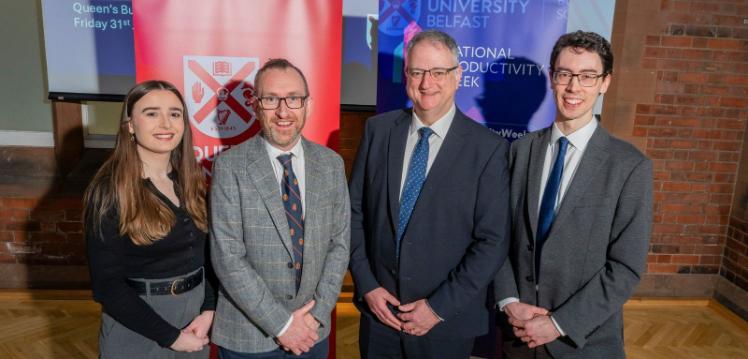
A new report finds that addressing Northern Ireland’s long-standing productivity gap will require a new strategic approach to policymaking, including closer inter-departmental co-ordination, and a long-term commitment to closing the productivity gap.
-750x359.jpg)
Almost 90 per cent of stadiums hosting the 2026 World Cup could face potentially dangerous levels of heat, Queen’s University research has revealed.

The report by researchers from Queen’s examined how the allocation of points for intimidation cases, particularly those linked to paramilitary activity, has impacted the fair distribution of housing in Northern Ireland.

A research team from Queen’s University Belfast has mapped the introduction and spread of the SARS-CoV-2 virus across Ireland using genetic networking techniques.
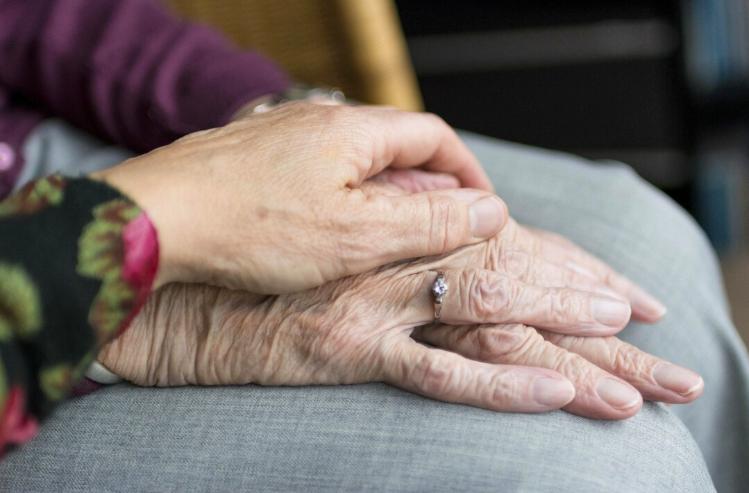
Communities across the island of Ireland are key in supporting those who are dying, a paper by Queen’s University researchers states.
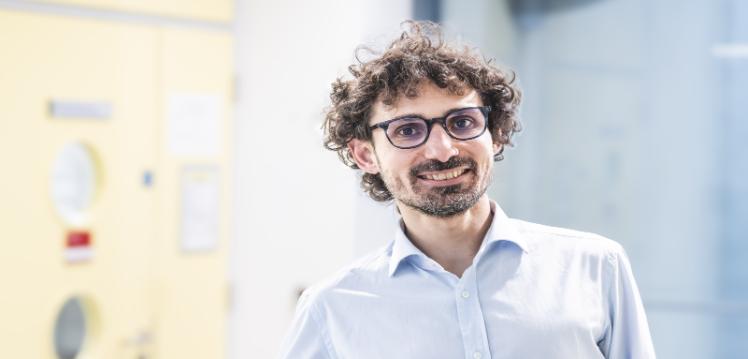
Researchers from Queen’s University Belfast have developed a first of its kind 3D printed cacao-based health supplement that acts as a nutrient and vitamin carrier, helping to boost the immune system.

A giant ‘hiccuping’ star has been documented for the first time in the final stages of its life before exploding in a spectacular supernova by an international team of astronomers including from Queen’s University Belfast.

Queen’s University Belfast researchers are part of an international team that has been awarded £2.9 million to develop sustainable technologies for electronic (e-waste) recycling in Malaysia.
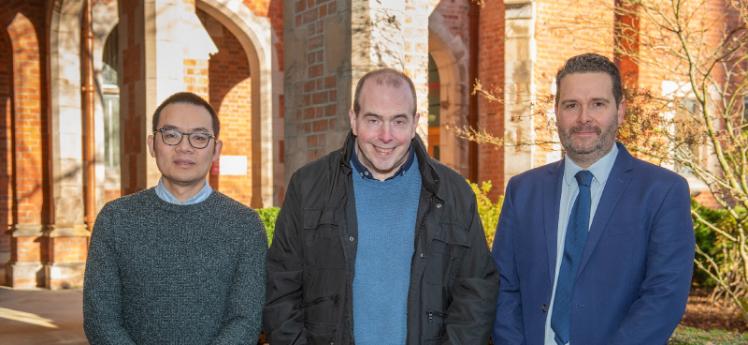
Two academics from the Centre for Wireless Innovation (CWI) in the School of Electronics, Electrical Engineering and Computer Science at Queen’s have been singled out for prestigious and rare Fellowships.

Researchers from Northern Ireland’s social policy hub ARK, a joint initiative by Queen’s and Ulster University, have released a new policy brief exploring how a ‘Just Transition’ in Northern Ireland could be achieved.
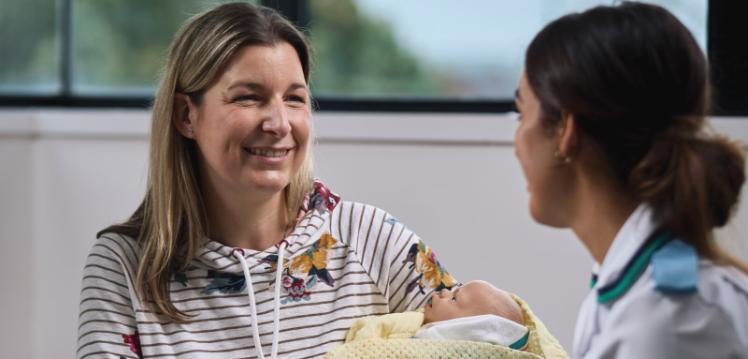
In the largest study of its kind in the UK, a research team from Queen’s University Belfast have discovered a new way to treat young babies who have a fever and could be at risk of sepsis or other serious bacterial infections.

A research report from Queen’s Business School has found that the productivity gap in Northern Ireland has significantly widened, with its ranking dropping from 7th to 10th place out of the UK’s 12 regions.
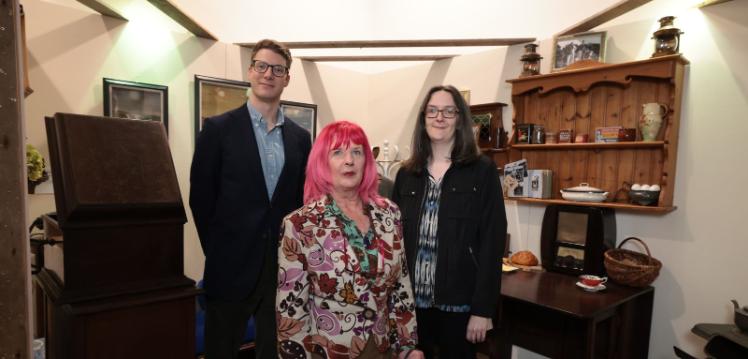
The Oughley shed exhibition depicts the duality of the life of David Strain, through one of its most important aspects: his country shed.
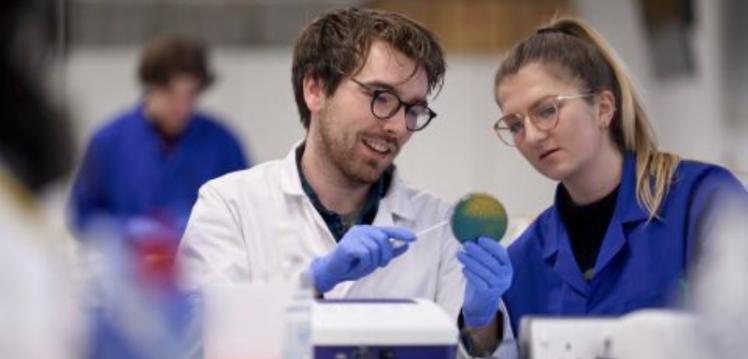
Queen’s University and Ulster University have been successful in a major, UK government funding award to train a new generation of PhD students in the joint area of AI and bio-sciences.
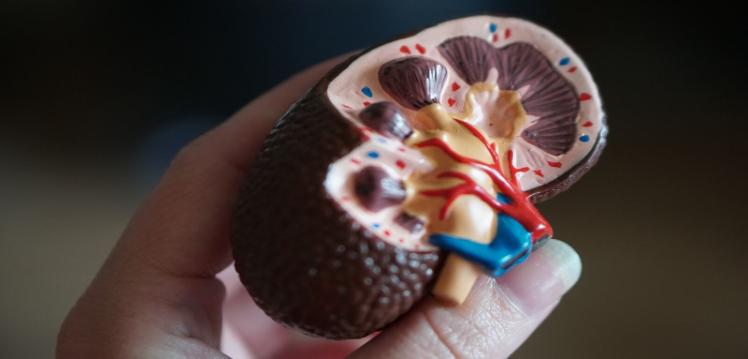
New research has found that women have a higher risk of developing cardiovascular issues, including stroke and heart failure, when undergoing dialysis for kidney failure.
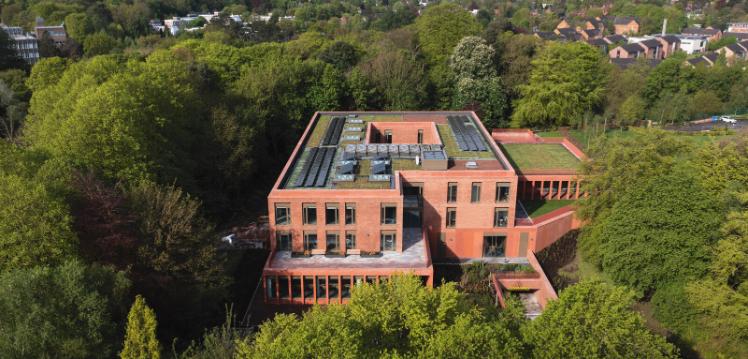
Queen’s University Belfast is to partner in a major, all-Ireland geothermal-energy project designed to reduce Greenhouse Gas (GHG) emissions in order to help meet Net Zero commitments.

The vast majority of voters have expressed strong views on how their MLAs should vote in the upcoming democratic consent vote on the core provisions of the Protocol/Windsor Framework.
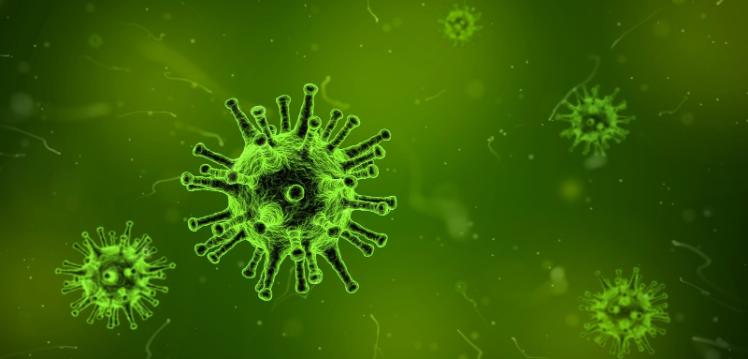
Researchers from Queen’s University Belfast have discovered a cutting-edge way to track both human and avian flu variants using wastewater.

Researchers from Queen’s University, the University of Dhaka, the International Agency for Research on Cancer, and the British Geological Survey are combining their expertise to further develop a urine-based early detection test for bladder cancer.
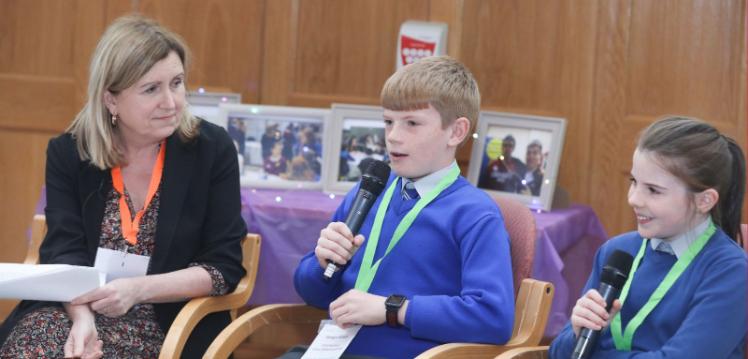
Professor Laura Lundy from Queen's led an expert group on student participation to advise the Department of Education in the Republic of Ireland on how best to improve its work involving children and young people in policy development.

A Belfast-based astronomer is gearing up for the culmination of over 20 years of preparation when he takes part in the European Space Agency’s (ESA) first ever planetary-defence mission, to help ward off the threat of an asteroid crashing into Earth.
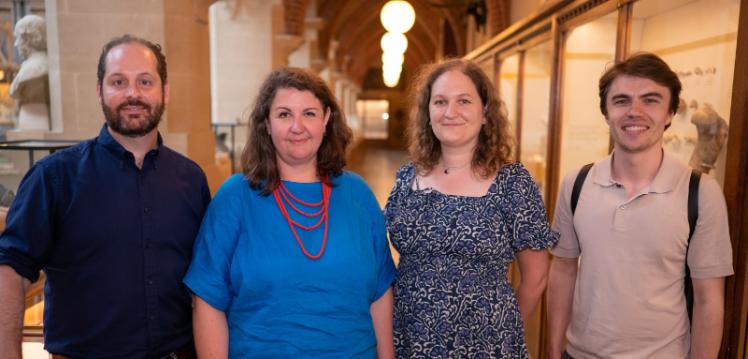
An interdisciplinary team of researchers, led by Queen’s, has launched interim results of a landmark global project ‘Explaining Atheism’, which shows that the UK now has more atheists than theists and explains why atheism has grown across the globe.

A new digital archive capturing the artistic legacy of the Irish border has recently been launched by academics from Queen’s and Trinity College Dublin.
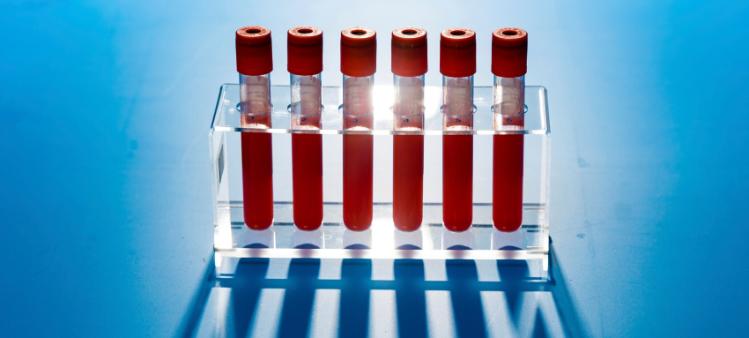
A major breakthrough in the fight against sepsis, one of the UK's most deadly health threats, has been announced today.
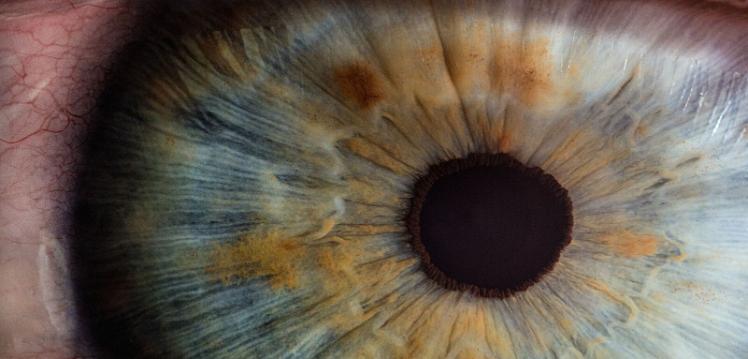
Laughter may be as effective as eye drops in improving symptoms of dry eye disease, finds a clinical trial published by The BMJ today.

The diaries of David Strain, a linen merchant who documented the lives of gay people in 1930s Belfast, were discovered by Dr Tom Hulme from Queen’s and Professor Leanne McCormick from Ulster University and have been adapted into a BBC drama.
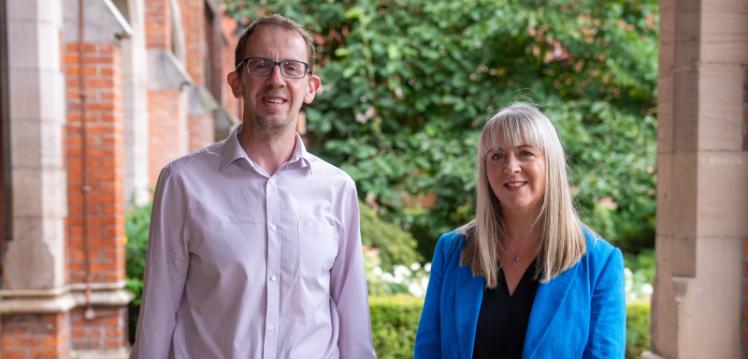
Two academics from Queen’s University have been elected as Fellows of the prestigious Academy of Social Sciences.
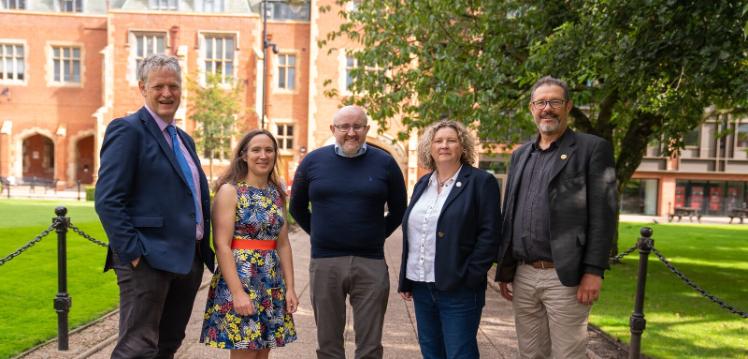
Academics and practitioners from Queen’s, Ulster University, Co-operation Ireland and the Strategic Investment Board have published a new paper which explores the enduring presence and influence of armed and paramilitary groups in Northern Ireland.

A new study published today highlights that many of the current 20 million cancer survivors across Europe are being discriminated against in accessing financial services, including loans, mortgages, health and travel insurance.
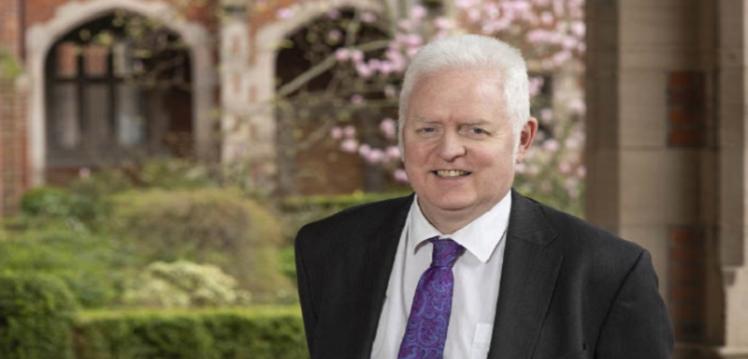
A team of international cancer leaders have published a manifesto that highlights the immediate course of action needed to address the detrimental effects of armed conflict on cancer care, treatment and prevention.

A project to transform navigational tools on aircraft, submarines and autonomous vehicles is to go ahead at Queen’s University Belfast as part of a £160 million investment in ‘quantum’ technologies across the UK, it was announced today.
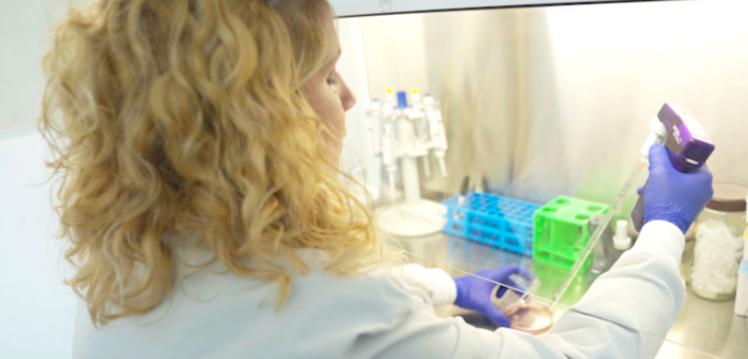
In a groundbreaking discovery, a team of researchers from Queen’s University has successfully grown a mini version of human blood vessels from people with diabetes.

Mental health training for line managers is strongly linked to better business performance and could save companies millions of pounds in lost sick days every year, according to new research led by experts at Queen’s and the University of Nottingham.
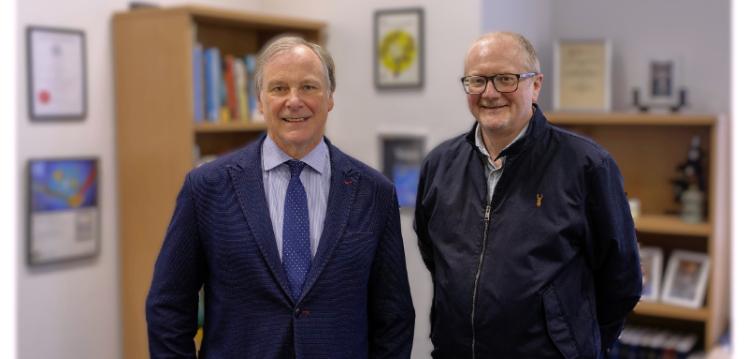
Professor Steven Bell and George Burton from the School of Chemistry and Chemical Engineering, have both won prestigious prizes from the Royal Society of Chemistry (RSC) – the only two awarded on the island of Ireland this year.
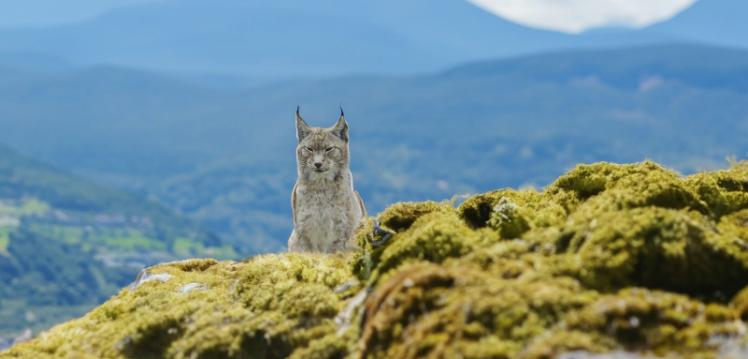
A researcher from Queen’s says farmers need to be listened to in the debate about reintroducing lynx and wolves to Britain and Ireland, centuries after they disappeared.
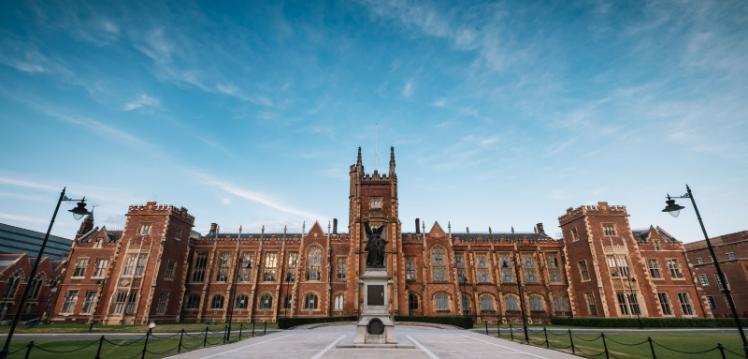
Dr Jamie Pow from Queen’s was part of a team of political scientists from across the UK involved in the development of Vote Compass.
-750x359.jpg)
New research from the Northern Ireland Life and Times (NILT) survey reveals that the adult population hold views that would be considered as Left-leaning with respect to economic policies and Right-leaning with respect to social matters.
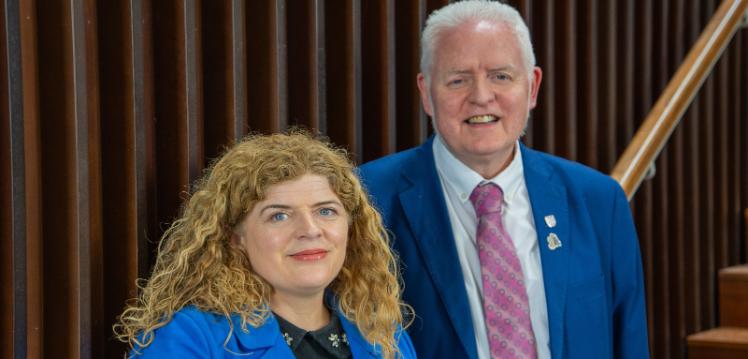
A new study published today highlights how a collaborative data science approach is revolutionising cancer research across the island of Ireland.

A new report from Queen’s reveals that for almost two-thirds of voters in Northern Ireland (NI) a candidate’s stance on the Protocol/Windsor Framework will be a deciding factor in their voting decision for the upcoming UK General Election.
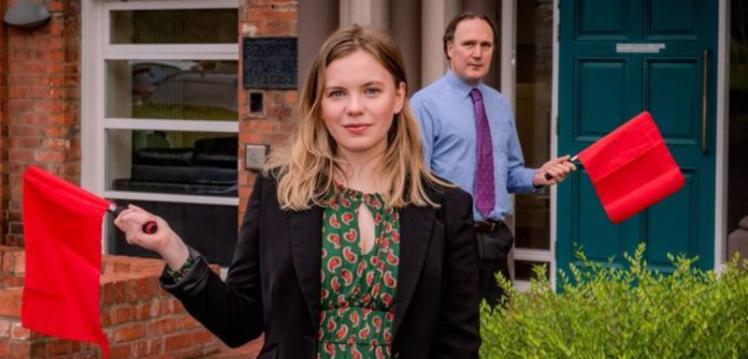
A new report by the Northern Ireland Cancer Registry (NICR) at Queen’s has found red flag referral or screening routes provided patients with earlier cancer diagnosis & have been shown to provide better survival rates for people in Northern Ireland.

A new €7.5 million research project involving a team of academics from Queen’s University Belfast seeks to improve the care and quality of life for those with advanced dementia living in care homes.
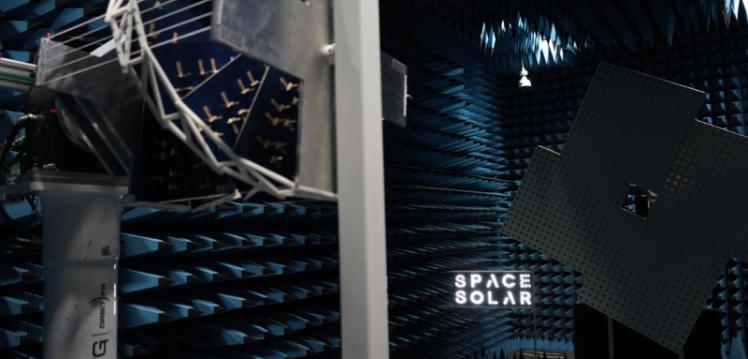
Queen's is at the centre of plans to harvest solar power in space to produce a potentially endless supply of net-zero energy and help turn around the world’s climate crisis.

Microbiologists at Queen’s University have made a breakthrough in bacteria research which could lead to increased effectiveness of currently available antibiotics, helping in the global fight against antibiotic resistance.

Eagle-eyed, armchair astronomers have almost certainly made a number of thrilling discoveries, including two possible Jupiter-sized ‘exoplanets’ – planets outside our solar system – in an international, citizen-science project run out of Queen's

Researchers from Queen’s University Belfast have created a new £12M research centre to improve clinical trials for rare diseases.
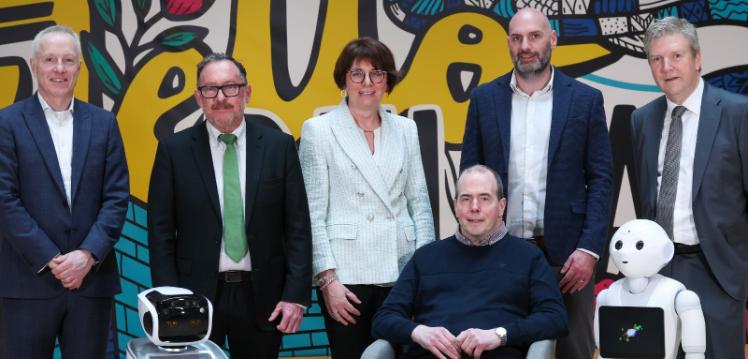
Invest Northern Ireland and the Department for the Economy today announced the £16.3M investment in new, state-of-the-art AI Collaboration Centre (AICC), to be based at Ulster University in partnership with Queen's University Belfast.

Queen's University and MOBILion Systems, Inc. have launched a new partnership to advance food safety by innovating test methods and tools that aim to quickly identify contaminants, enhancing current technologies for better detection.

Recycling waste energy from High-Performance Computing (HPC) to heat hospitals, homes and schools is just one of the many ideas behind a radical, new project led by Queen’s University Belfast.

A world-first mega-trial for people living with progressive forms of multiple sclerosis (MS) has launched a new site in Northern Ireland.

Queen’s is one of two academic leads on a highly prestigious, £8 million, UK initiative to train an expert workforce to deliver secure networks in the AI era.
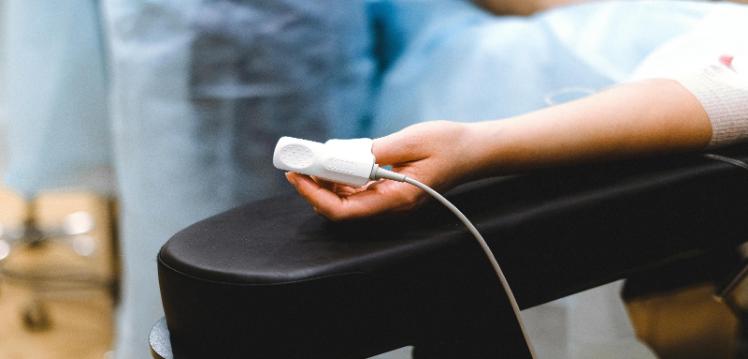
A report published today details the findings of the Independent Review of Equity in Medical Devices.
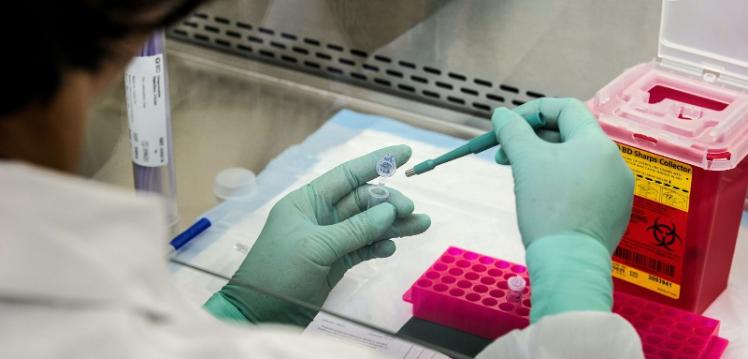
Today, Rare Diseases Day 2024, is the official launch of the All-Ireland Children and Young Adults Research Advisory Group for Rare Diseases (RAIN CRAG), the first of its kind on the Island of Ireland.
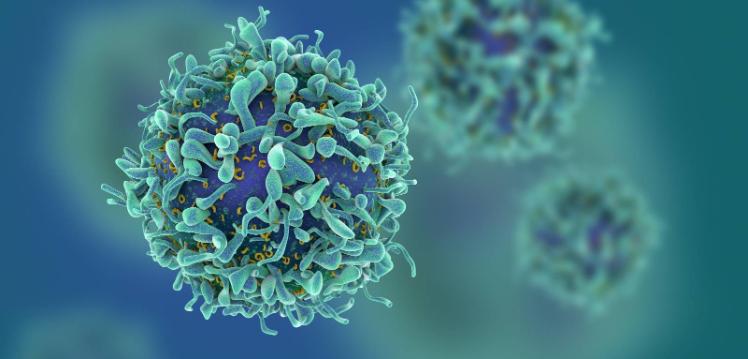
People in Northern Ireland received less key cancer treatment than comparable countries, two landmark international studies have found.
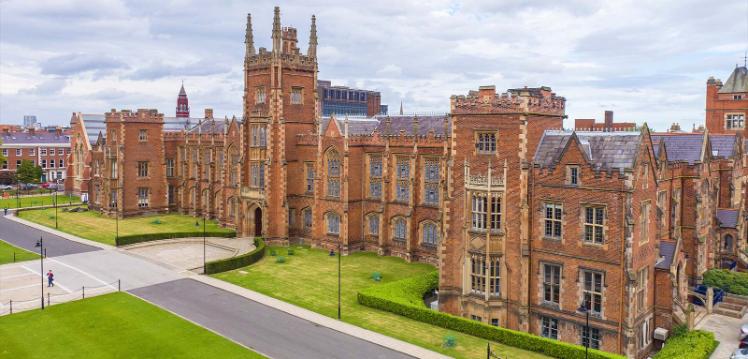
Researchers at Queen’s are asking people to respond to an island-wide survey on the role of religion on the island of Ireland since the Covid-19 pandemic.

Scientists from Queen’s and the Cancer Research UK (CRUK) Scotland Institute in Glasgow have made a series of groundbreaking discoveries into tumour biology that may be used to deliver a more effective personalised medicine approach for bowel cancer.
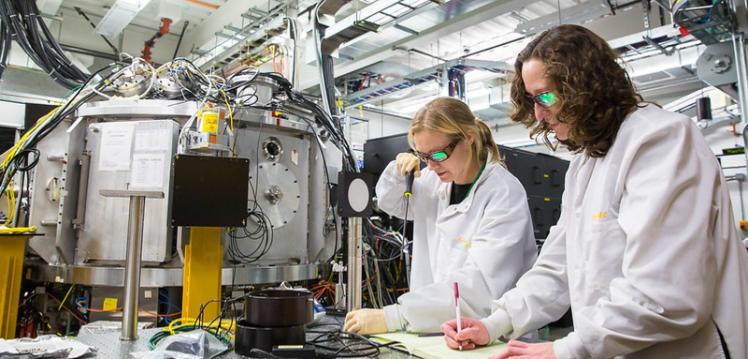
Previously unknown properties of the precious metal gold and its melting point have been uncovered by an international team of scientists led by Queen’s University Belfast.
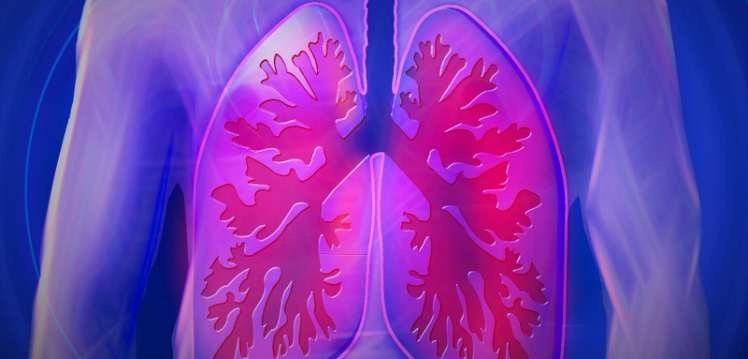
Researchers from Queen’s University Belfast have discovered a new method for improving the safety of radiotherapy for patients receiving treatment for lung cancer.
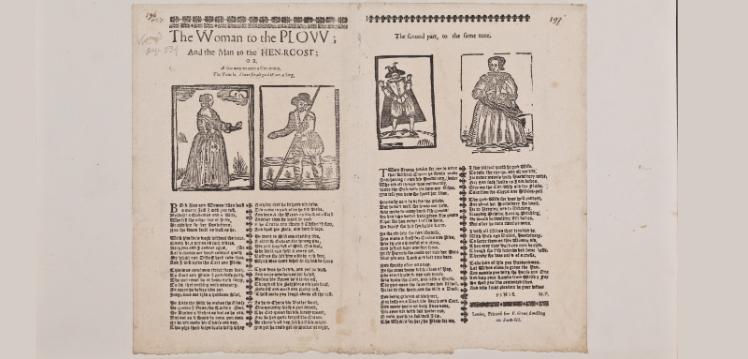
Researchers from Queen’s and the University of Warwick have compiled the first ever collection of hit songs from seventeenth-century England, including over 100 ballads in total.

An international group of astronomers, including a team led by Queen’s, has found a direct link between the explosive deaths of massive stars and the formation of the most compact and enigmatic objects in the Universe — black holes and neutron stars.
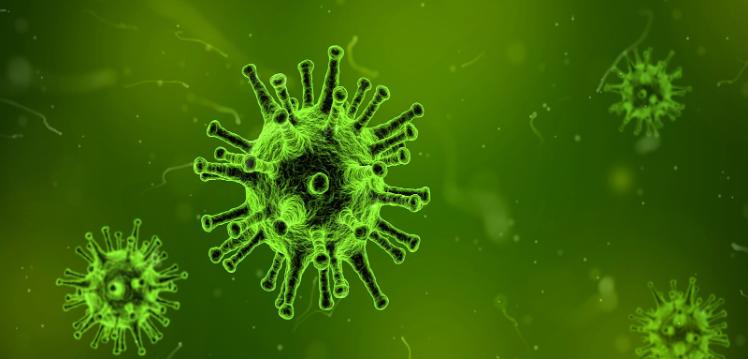
A breakthrough in the field of microbiology made by researchers from Queen’s University Belfast may lead to better treatments in the fight against antibiotic resistance.
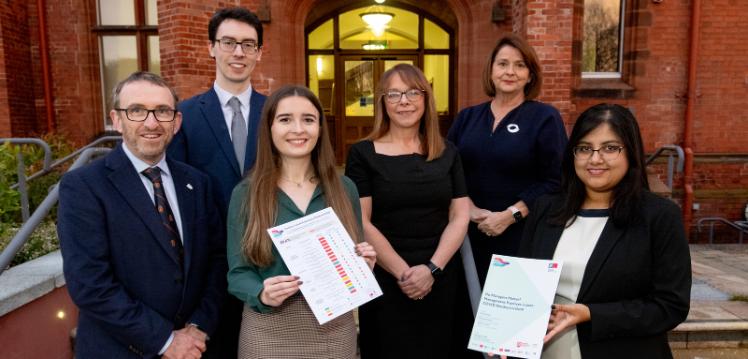
A research report from Queen’s Business School has found that the productivity gap in Northern Ireland (NI) has closed significantly, from the poorest performing region to 7th in the United Kingdom (UK).
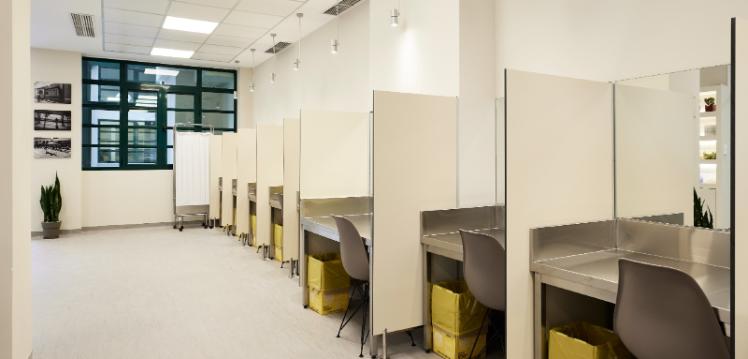
Drug overdose prevention centres (OPCs) could prevent thousands of deaths, reduce the spread of serious disease, improve communities, save taxpayer money and with no increase in drug-related crime – according to a major new report
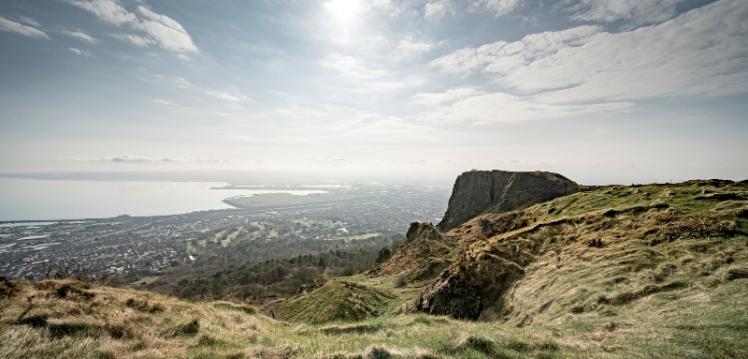
According to a new report from Queen’s University Belfast, voters in Northern Ireland are split into three camps as to whether the restored Assembly will last until the end of its current mandate in 2027.
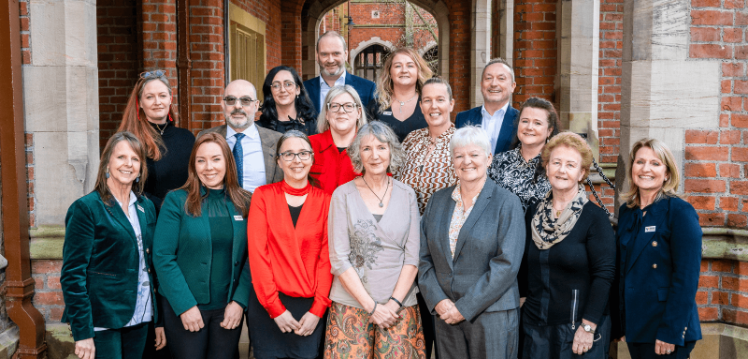
New research from Queen’s is calling for the adoption of a trauma informed approach across all systems, organisations, policies and services in Northern Ireland, for the benefit of all in our society.
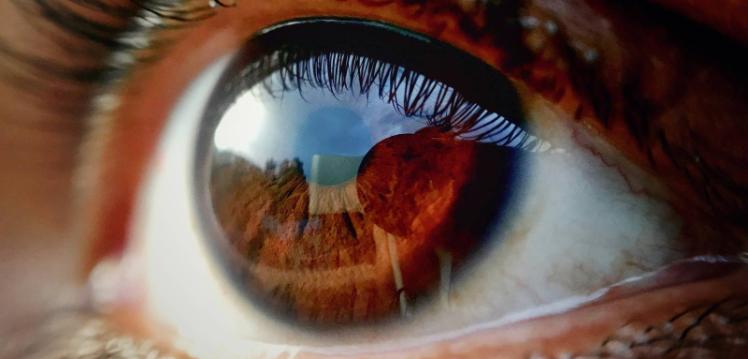
A global research team has developed Artificial Intelligence (AI) algorithms that will automate the screening process of remote eye tests for Diabetic Retinopathy (DR), a common complication of diabetes that can cause blindness if left untreated.

The largest eco-friendly student accommodation on the island of Ireland is underway in Belfast City Centre as part of Queen’s University’s commitment to achieve nearly 3,000 beds to meet demand by 2029.

Much of the foul-smelling, so-called algal mats banked up around the shore of Lough Neagh consist of bacteria primarily associated with faeces from livestock or human-effluent.
-750x359.png)
New findings from researchers at Queen’s University Belfast reveal that the late phase of a solar flare has a greater potential to disrupt Earth's communication systems than previously understood.

A massive black hole has torn apart one star and is now using that stellar wreckage to pummel another star or smaller black hole in a discovery that solves a mystery which had perplexed astronomers for years.
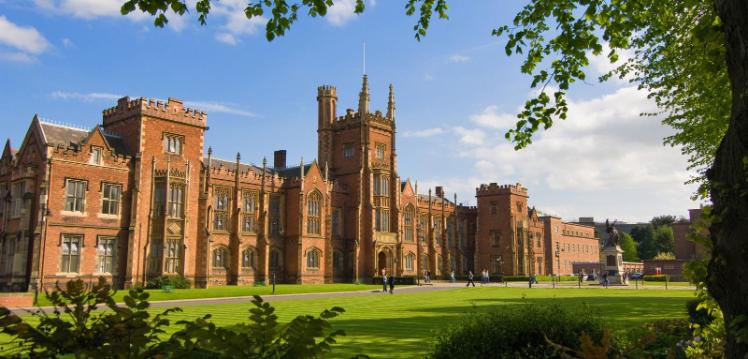
Queen’s and Belfast City Airport recently hosted a special ‘Autism in the Air’ event, giving 17 children with autism and their families the opportunity to experience the full airport journey, including a flight across Belfast.
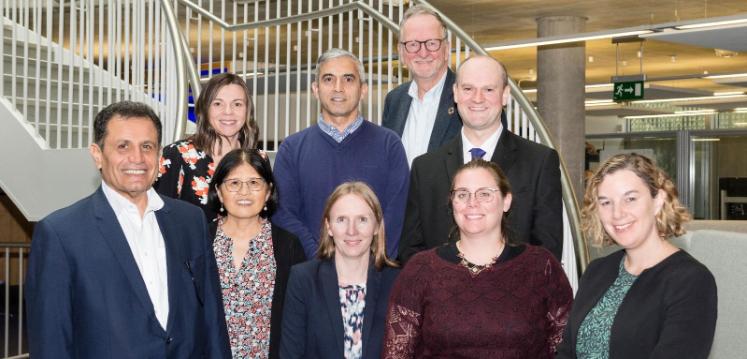
Governments and industry can be more confident in the security of future telecommunications networks with the launch of a major new training programme this week
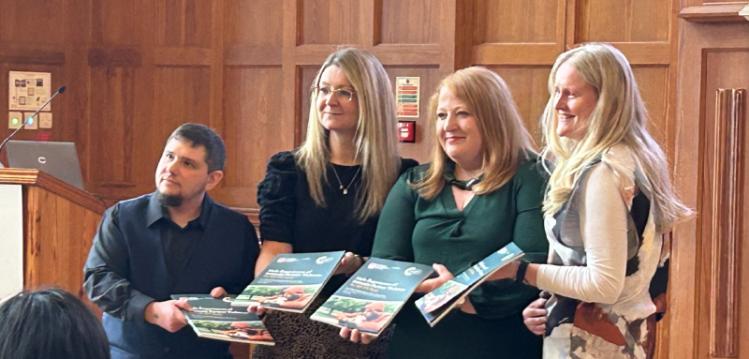
Male experiences of Intimate Partner Violence (IPV) is a major issue requiring immediate attention according to new research carried out at Queen’s.
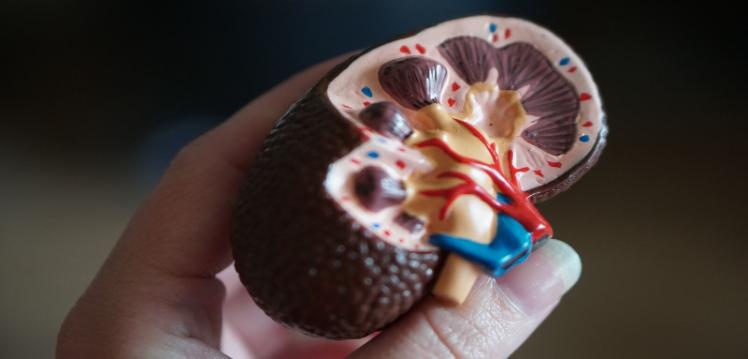
A recent study has identified that kidney specialists around the world have significantly different approaches on when they feel a kidney biopsy is needed to diagnose their patients.
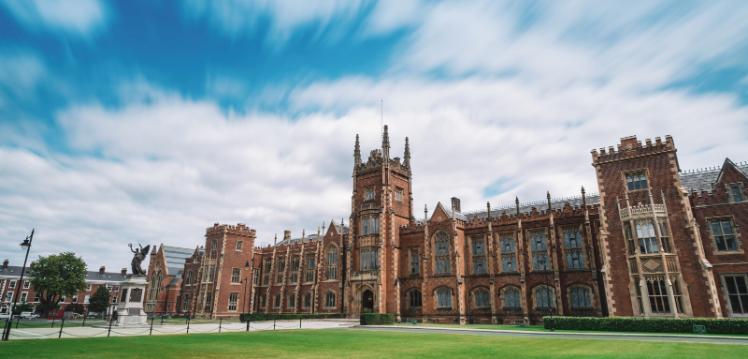
Queen’s University Belfast is set to become the first UK Russell Group university to open a campus in Gujarat International Finance Tec-City (GIFT City, India), with the first cohort of students expected to start in January 2026.
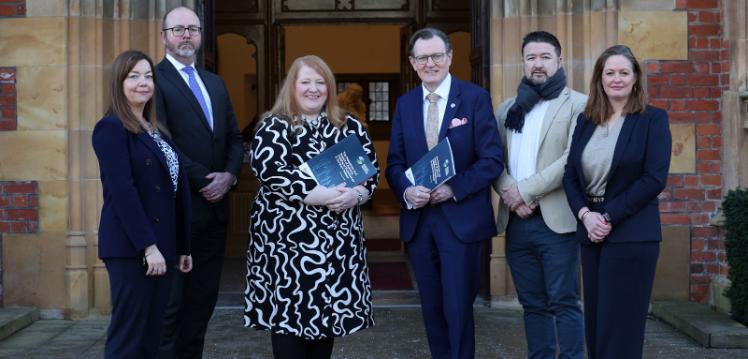
The research study is the first comprehensive assessment of Adverse Childhood Experiences (ACEs) among Northern Ireland's adult population, revealing significant levels of trauma that continue to impact all communities and across generations.
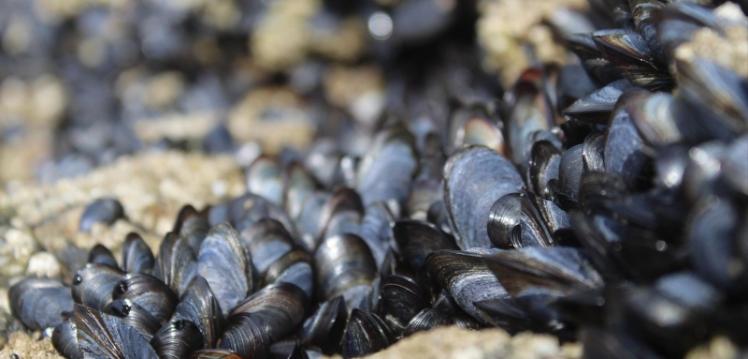
A new study indicates animal populations living in urban areas show elevated resilience to stressful environmental conditions, with conservation implications.
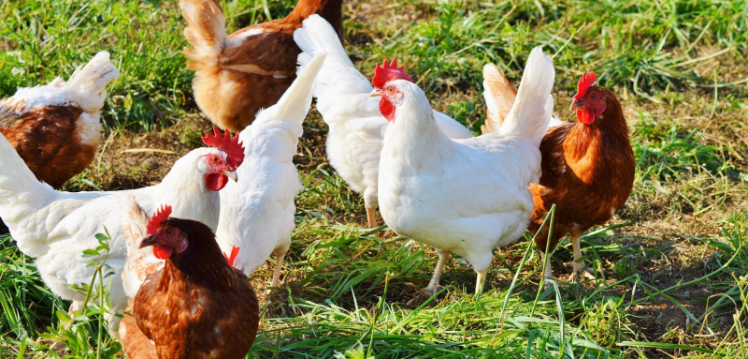
A first-of-its-kind study led by Queen’s University Belfast reveals contaminated crops on farms could be costing poultry organisations over £150,000 in losses annually.

New research has found that those who consume a diverse range of foods rich in flavonoids, such as tea, berries, dark chocolate, and apples, could lower their risk of developing serious health conditions and have the potential to live longer.

A world-first ultrawide-field eye imaging study in adults with Down syndrome has found that abnormal blood vessels in the retinal periphery of the eye can be seen before clinical symptoms of Alzheimer’s disease begin to show.

Scientists have unlocked new details on important ‘receptor’ proteins –promising targets for the creation of novel drugs for metabolic conditions ranging from diabetes to obesity and inflammatory disorders.

Queen’s University Belfast announce role in major new €6 million European project that will revolutionise how adolescents and young adults manage the long-term effects of testicular cancer.